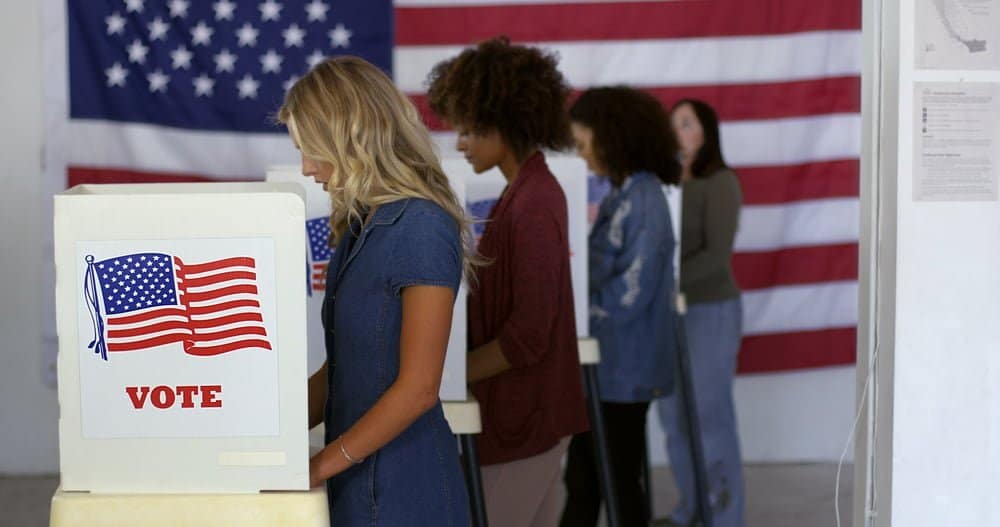A little over a week after the 2022 election, as political postmortems continue, the word that comes to mind again and again is “normal.”
Both Doug Mastriano and Mehmet Oz have conceded that the process resulted in their respective defeats. Mastriano waited days before acknowledging reality. Oz followed a more conventional path, congratulating Senator-elect John Fetterman by phone the day following the election and issuing the following statement afterward:
“We are facing big problems as a country and we need everyone to put down their partisan swords and focus on getting the job done. With bold leadership that brings people together, we can create real change.”
What got us here?
While many pundits have focused on the implosion of Trumpism around the country and the subsequent free-for-all within the Republican Party, I wanted to take a tact that reflects on local efforts that helped restore public faith in the democratic process right here in Pennsylvania.
I had a ringside seat for it all. In early 2020, I volunteered to be a poll worker and was appointed as a precinct judge in Berks County. After my two years of service, I decided to run as a judge in my own precinct and was elected to a four-year term in 2021. Throughout, I have attended many training sessions and worked with the volunteers who are the backbone of American democracy. That might sound like a cliché, but it is true.
Twice a year, hundreds of regular folks refamiliarize themselves with the complicated, and often changing process required to make elections function. They get refresher courses on setting up the polling place and troubleshoot potential problems. They learn how to navigate the thicket of paperwork — from voter affirmation forms to provisional ballots — necessary to make the system work. Volunteers do all of it with a clear sense that they have a duty not only to the process, but also to their friends and neighbors as well. Again, this might sound like a hokey Normal Rockwell style cliché, but it is true and apparent all throughout election day. Last week, I met two young men that I first knew as toddlers in my neighborhood who were voting for the first time.
There were many significant concerns leading up to election day in November.
Like many places around the country, Berks County has experienced staff turnover. Officials have come and gone with unfortunate regularity.
We fielded new electronic pollbooks in May and the results were not encouraging. Software problems resulted in sidelining the new technology in favor of the old paper documents. Communications between polling places and the county office suffered as problems quickly overwhelmed designated phone lines.
I was worried about how the national political climate might affect my polling place. Calls for “observers” to flood precincts endlessly circulated all year. True the Vote, which helped produce the bogus documentary “2000 Mules,” devoted a section of its website to this effort.
To get ready for election day, I did what any teacher with 28 years in the classroom would do: I studied. I went over the procedures for running a polling place. I reviewed the guidelines for the new electronic pollbooks. I reread Title 25, which is one of the key statutes governing elections in Pennsylvania. I also reviewed more recent law, specifically Act 77 (2019). I visited the Brennan Center, which provides useful guidance for good practices at polling places.
Berks County’s preparation for the November election was outstanding. The election office modified training and included more time and opportunity for hands-on work with the new eBooks. They revamped communications to include a call center where requests for assistance were answered in seconds. The one technical problem that we had — a wonky touch screen on one ballot marking machine — was fixed within a half an hour. When the technician was done, I acknowledged the work by signing a screen on his phone, which sent the data back to the election headquarters, where they tracked precinct needs around the county. When I brought my ballots to the courthouse, the process was streamlined by more volunteers and county officials. Lines were short and the process was clear and deliberate.
As far as I am concerned, the final outcome was a good one. As a precinct judge who ran and won as a Democrat, I helped Mehmet Oz win Berks County. My party didn’t carry the day, but the voters did. I did my job, just like thousands of volunteers around the state.
That is the best kind of normal to me.







